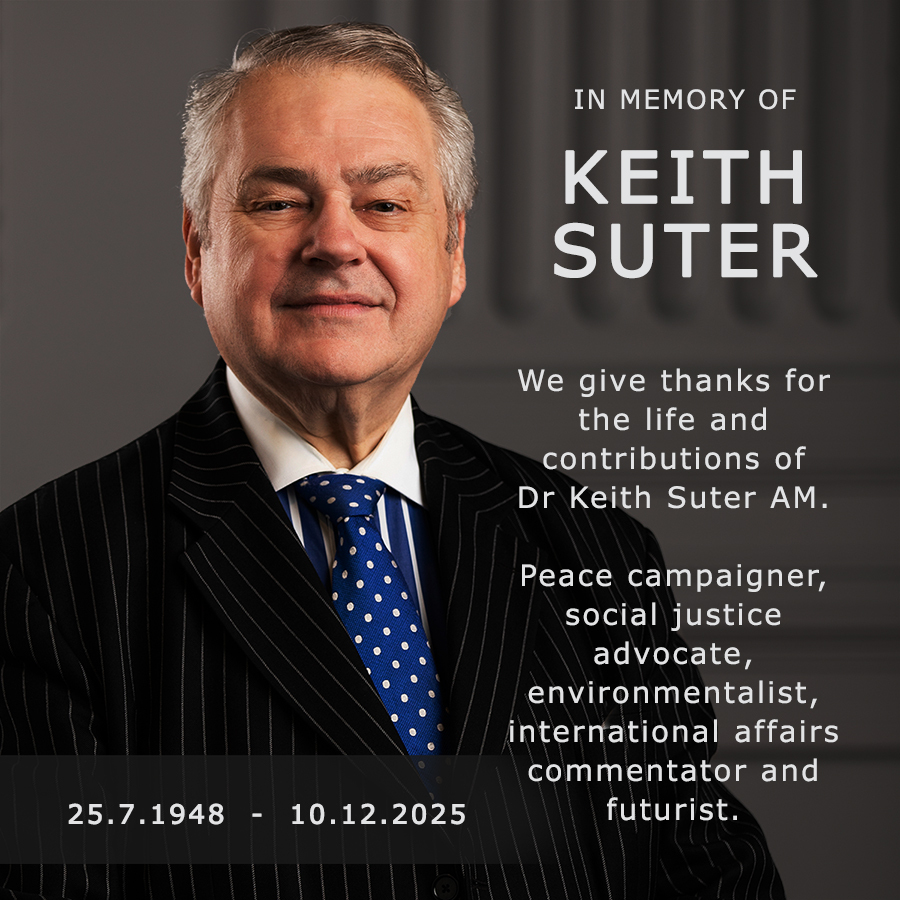
Car Free Days.
November 17, 2008
SRADIO 2CBA FOCAL POINT COMMENTARY BROADCAST ON FRIDAY Feburary 18th, 2000 ON RADIO 2CBA FM.
It has been said that fire is a good servant but a hard master. Much the same could be said about cars. They can assist us – but they can also take over our lives.
Eric Britton of the Paris-based ecological organization called EcoPlan International, has been publicizing a campaign to create car-free days: days when cars will not be used.
The next major example of this campaign takes place next week: on February 24 in Bogota in Latin America.
The intention is to show that it is possible to live without the excessive use of cars.
Such a car-free day has three advantages. First, the current motor car has a limited future. The recent international car exhibition in the US contained some examples of new cars which do not rely on petrol to power them. The motor industry realizes that there are many problems associated with cars, not least those connected with the environment and the risks to public health.
Therefore, a car-free day is a further reminder to the motor industry on the need to improve its standards.
Second, a car-free day also helps the community to re-think the use of cars in the larger context of how we organize our lives.
Mr Britton uses the expression “pattern breaks”, which I assume is from the French. We tend to do things because we have always done them. There is a large element of routine in our lives. We live in set patterns, without thinking too much about those patterns.
Thus, we rely on cars because we have always relied on cars. Much of the debate in Sydney over transport, for example, is focussed on the need for more roads. The pattern in our thinking is that cars are the standard fact and so we must find ways of expanding the road system,
A “pattern break” via a car-free day forces us to re-think just how much reliance we do place on cars and how they dominate our lives. It disturbs our routine. This disturbance can lead us to think more creatively about the use of cars and the creation of alternative transportation arrangements.
Finally, a car-free day comes from the grass roots. It is not being organized by a politician or a government department. It is a broad-based, citizen-led campaign which provides a new model of responsible, participatory democracy.
There is much disillusionment about democracy. For example, there is a lot of voter apathy – who ever you vote, a politician always wins and so in societies where voting is not compulsory, voter turn-out is often low.
This system of “representative democracy”, which is about three hundred years old, is out of date. Some new form of “participatory democracy” needs to be created, which has fewer politicians as so-called representatives of the people and a more direct involvement of the citizens.
Organizing car-free days is a way of encouraging people to reclaim the political process. Therefore, the campaign to create car-free days is more than just going without cars for a day – it is about improving our quality of life in many ways.

